Fire and Water: John Bartlett talks to prize-winning poet and filmmaker Charles (Ken) Taylor
Published in Meanjin 2003
COPYRIGHT MEANJIN 2003
Bibliography and further information at: http://www.poetrylibrary.edu.au/poets/taylor-ken
In 2001 Charles Taylor, noted Australian poet, was awarded the Kenneth Slessor medal for poetry as part of the NSW Premier’s Literary Awards. Africa, published in 2000 by Five Islands Press, represented Taylor’s return to writing after a fifteen-year absence from public life. In the 1970s and 1980s,he was already established as a film-maker and writer but the loss of house and possessions in the 1983 Ash Wednesday bushfire brought his career to a halt.
Born in Ballarat in 1930, he studied at Cornell University in the mid-sixties and his first poems were published in the USA.
In the late sixties, he was one of the founding members of the La Mama Writers Workshops in Melbourne. In 1975, he published At Valentines, representing his poems from 1966-1969.
In 1969 he founded the Natural History Unit of Australia, first with radio talks and documentaries and then with a series of award-winning natural history films, Wild Australia.
A Secret Australia, with selected and new poems was published in 1985.
He is currently writing a non-fiction account of his return to the significant places in southeastern Australia where he has written a poem or made a film.
John Bartlett, a freelance writer living in Victoria, asked Taylor why there had been a fifteen-year break since the publication of A Secret Australia.
- I was burnt out here on Mount Macedon in the Ash Wednesday fires of 1983. I lost not simply a house and possessions, paintings and library but journals and notebooks I had kept during the Wild Australia years. Here were the poems and the lines that would lead to poems and the notes from which I hoped to write an account of, at least the start of the Natural History Unit. It was a major loss for me, a career loss, an exponential loss, and hard to explain to anyone.
I think I lived through the creative use of depression, not depression as melancholy but depression as a condition of survival and eventual recovery. It came about like this:
By 1991, I had begun to see that there was still a life to live, still things to do and achieve. I used to say to myself, ‘one day I’ll do so and so … ‘ but I decided this was stupid after the age of sixty.
‘One day ‘ had arrived.
On the top of my list was learning to draw. This desire to draw drove me back to the world of adult education and the start of a new career, a new way of dealing with the world.
I found an English drawing teacher, Stephen Leadbeater, who was highly trained and who preferred to teach adults.
For me it was a transforming experience. I felt I had learnt to see for the first time. Then, three years ago, a long friendship turned into an intense relationship and this made me write again.
One day I became conscious I could see colour in the world about me and I wrote of:
‘.. . . . . . that /particular silence as / colour seeps into the /
edges of a washed out / world ‘
(Now Hear the Hollow Hills, Africa)
Q So, chronologically, was there one poem that was the turning point, a poem that led you out of depression?
- The first poem in the new book, Now Hear the Hollow Hills, was the poem I had to write to get rid of the fire, to deal with an enduring, pervasive sense of depressive grief.
This poem is about the need to deal with grief in order to live. I had the aftermath of the fire all about me but I needed images of crucial upheaval and transformation and I found them in memories of the time I worked my way round the world at the age of nineteen as a fireman / wiper on British meat boats. That was in 1949.
I was in a Force 12 storm in the Western Atlantic and I saw the sea beyond the stage of immense waves. For some days, our little ship would creep up the side of a great wave and then tip over the top. The screws would race in air and the governors would cut in like machine gun fire to stop the big engine destroying itself. Then the ship would go down the other side of the mountain. There’s a stage beyond that in a Force 12 storm where the sea is actually flat and all the mass of the great waves is blown into long trains of air, water, spray and vapour, which whirl across the smooth surface to a distant horizon.
So :
‘ Winds shall stamp / their will / on such a sea / and shriek / and blow great mountains / into mist and / spiral drifts / of time / at the edge /of all the worlds.’
I held that memory for just over fifty years and it gave me some joy to finally wring a line out of that voyage. I could go on then and record the moment when I realised I was out of depression, out of that post-trauma state, that moment when:
‘ clocks start again / there will be seasons /the smell of earth / so many flowers to / beguile the world.’
(Now Hear the Hollow Hills, Africa)
Q . How did the new relationship affect your writing?
A. Well, I wrote to try to understand what was happening to me and to attempt to deal with complex and challenging changes in my life. So some of the poems deal with human interaction in quite an obvious way and some deal with patterns of behaviour for which I found the metaphor of ‘Africa’, a symbol for a state of being, not the continent itself.
Q. Your poems contain many images of the sea. In fact, the presence of the sea seems central to this collection.
- I’ve had remarkable experiences of the sea. In a sense, I sought them. When I was young, I didn’t equip myself at school to go to university. My life was unsettled by my father’s absence. He was at the war and my mother suffered. It was a sad and difficult time for her. I was sent as a boarder to the Ballarat Grammar School.
Anyway, my ambition at seventeen was to get out of Ballarat to a wider world where I would have adventures and write books. That ambition translated into working as a cub reporter at first in Ballarat and then in New Zealand where I covered the shipping round among other tasks. One night a British refrigerated meat boat had to replace two deserters in order to sail with a full crew. They would take anyone and I became a fireman on this ship and survived the extraordinary storm I ‘ve spoken about.
Q. You later had another important experience at sea in Australia?
A: Yes. The next sea experience was absolutely crucial in my life.
It came in the 60s when I returned from a year at Yale and a year at Cornell. I had been working as a talks producer for the ABC, learning Indonesian and reading Southeast Asian history and the idea was that I should set up a documentary unit to bridge into Asian life and culture.
That project was overtaken and swept away by the war in Vietnam. On the day I reached Melbourne, I was told there was no job for me. They wondered why I’d come back. In some sort of creative response, I broke a leg and this gave me eight weeks leave – a chance to sit around and decide what to do with my life. I was at Lorne on crutches. Nothing came to mind until one day I walked on the pier and asked myself if there was anything I had wanted to do as a child that I hadn’t managed to do. The answer lay before me. I had always wanted to go out on one of the couta boats that outhauled each day at Lorne. As soon as I could get about reasonably well, I returned to Melbourne and proposed a radio documentary about life on a shark boat.
After my experience in the Western Atlantic, I felt well up to a few days in Bass Strait. However, in twenty-two hours, I was asking weakly if I could be put ashore somewhere near an airfield. Later that night the mate came forrard, opened the hatch, threw down some newspapers and said, ‘Be sick on these. We’re going into a storm and we’re going to nail the hatch down. ‘
I couldn’t bear to be contained and so I was helped out and spent the next twelve hours studying a small patch of red linoleum on the wheelhouse floor while blue and white water smashed over us. I remember passages of brilliant light, exhaustion and oblivion.
I started to make notes in the stink of shark gut ammonia and to record every sound. Ten days later, I had enough material for a radio documentary called, Stronger than the Man. Much of the script went into the long poem, Pictures from The Sea and was published in my first book, At Valentines. It was a great record of my ignorance. I learned how little I knew of Bass Strait and the natural world about me. When we returned to Lakes (Entrance), I found I could run again. The days at sea and the movement of the boat had healed my leg.
My career also started to run again. I had found my task. First came the shark boat documentary and then a series of radio talks on everything I needed to know. It was called, Wildlife in Southeastern Australia and it made up into the second book to be published by the ABC.
Through this series, I met a number of scientists including the late Douglas Dorward from Monash Zoology Department. Doug could write more effectively than I could. After my first film series, Bush Quest with Robin Hill, Doug and John Olsen helped me make the first three Wild Australia series, the first colour documentary series for the ABC and the start of the Natural History Unit of Australia.
My early notes, tapes, photographs and odd relics from this experience were all lost in the Ash Wednesday fires in 1983. Some of it lives in the poem I wrote in memory of Doug, The Next Day, (A Secret Australia, Rigmarole Books, 1985) and some of it in I Write for Your Eyes “, (Africa, Five Islands Press, 2000).
Some of it comes through in John’s great series of paintings that derive from wetlands, northern coastal marshes and Arnhemland.
Q I’m interested particularly in the section of Africa entitled Postcards On the Way, especially the poems set in Japan with their sparseness and exactness of language, which makes for such concise pictures.
A. Well these, of course, are coming out of the Japanese tradition of haiku and these subjects should be paintings. Japan has had a big effect on me although I didn’t get there until I was fifty-three years old. I’m generally happy there and I learn something while I’m there. I feel a kinship with the Japanese poet Basho who began the haiku form. We both lost every prized possession in fire and the experience made both of us nomadic.
Q There seems to be a continuity of images from your earlier poems, for example in At Valentines – Part One, the image of the abandoned homestead. This image is repeated in the poem,
Bass Strait.
- The scene in Bass Strait is quite accurate. The abandoned homestead is also a symbol for my early adult life, so it’s about loss and sadness but please listen to what it says about wallabies and Cape Barren geese and forests and beaches and the surface of the sea.
At Valentines – Part One is certainly about loss and grief not only for people significant to me but for a time and a style and a goodness that I believe we had for little while in Australia.
Q. What about the image of the ” old white ute ” in At Tolka“?
A. It was the best I could do for serendipity in Australia
‘ as happiness / winds through the trees / and down the sandy track like / an old white ute.’ (“At Tolka”, Africa)
Some of the enduring elements of male happiness in Australia get a guernsey in At Tolka: the magic ute, sheds and even free-ranging chooks — in this case Silver-spangled Hamburgs — and contented, temporarily-silent horses.
Q: What sort of editing process goes on to achieve that conciseness of image?
A: Generally I write when I have to write. The urge to write becomes imperative. There’s not a lot thrown away. I don’t overwrite and then cut back, perhaps I should. The poem, I Should Sail Again is typical. It is written after an incident at the Grace Darling Hotel in Smith St., Collingwood.
I hope it takes you there now:
‘ I know tonight / I should sail again / and leave you in that bar / where we touched each other / every time we moved /every time we looked anywhere and / believed we were / alone, / in the deep stone, / stained glass and sunlit /. murmurs of that / place ‘.
(I Should Sail Again, Africa)
The Grace Darling in the late afternoon. The poem wrote itself. Poems start with a certain thought or observation and then the pulse takes it on. I’m always trying to say something. I’m not trying to make lines and lines of pretty words. I’m usually not trying to write for effect, although there are effects. There are lines that give me paintings in the mind and I go back sometimes and look at them. Consider these lines about country near Colac in Victoria’s western district from The Modern World (A Secret Australia):
” the water-colour lands. / evening falls there / in an art nouveau wash and / late light beyond the stippled trees /of every far plantation /lays down lakes/ in mauve and silver memoirs / of bright day. “
Q So, what are you working on now?
Well, winning the Kenneth Slessor medal came at a very good time for me. I had a trailer built with a dust-proof tradesman’s canopy to carry my painting and camping gear so I could visit what are for me the significant places on the south-eastern coast of Australia —places where events had changed my life or where I had written something I thought was significant or made a film.
I have just written a chapter of a non-fiction work, entitled A Secret Australia – The journey. In it I have traced the master of the shark boat on which I made my first radio documentary. This was the beginning of the Natural History Unit of the ABC and the voyage was an extraordinary changing point in my life. Nothing was ever the same for me after that.
Other chapters will deal with the Werribee wetlands and the Otways where I spent a large part of my childhood with my grandparents. I find myself riding an old bicycle down sandy bush roads with a naturalist alongside and learning the names of trees and birds again. Good for the body and the soul I think.
In the meantime, the head of ABC Radio National, Jane Connors has taken the shark boat chapter as the basis for a programme and I have to go to Sydney to record that chapter. She has discovered the original shark boat documentary in the archives. This is for me a wonderful opportunity to go back and look at my younger self, admire some things and laugh or cry at others.
Meanwhile I shall keep traveling with Basho and Douglas, Anderson, Ammons, Snyder and all the other writers I know who see, as Thoreau put it in a journal entry 150 years ago: “It is the marriage of the soul with nature that makes the intellect fruitful and gives birth to imagination.”

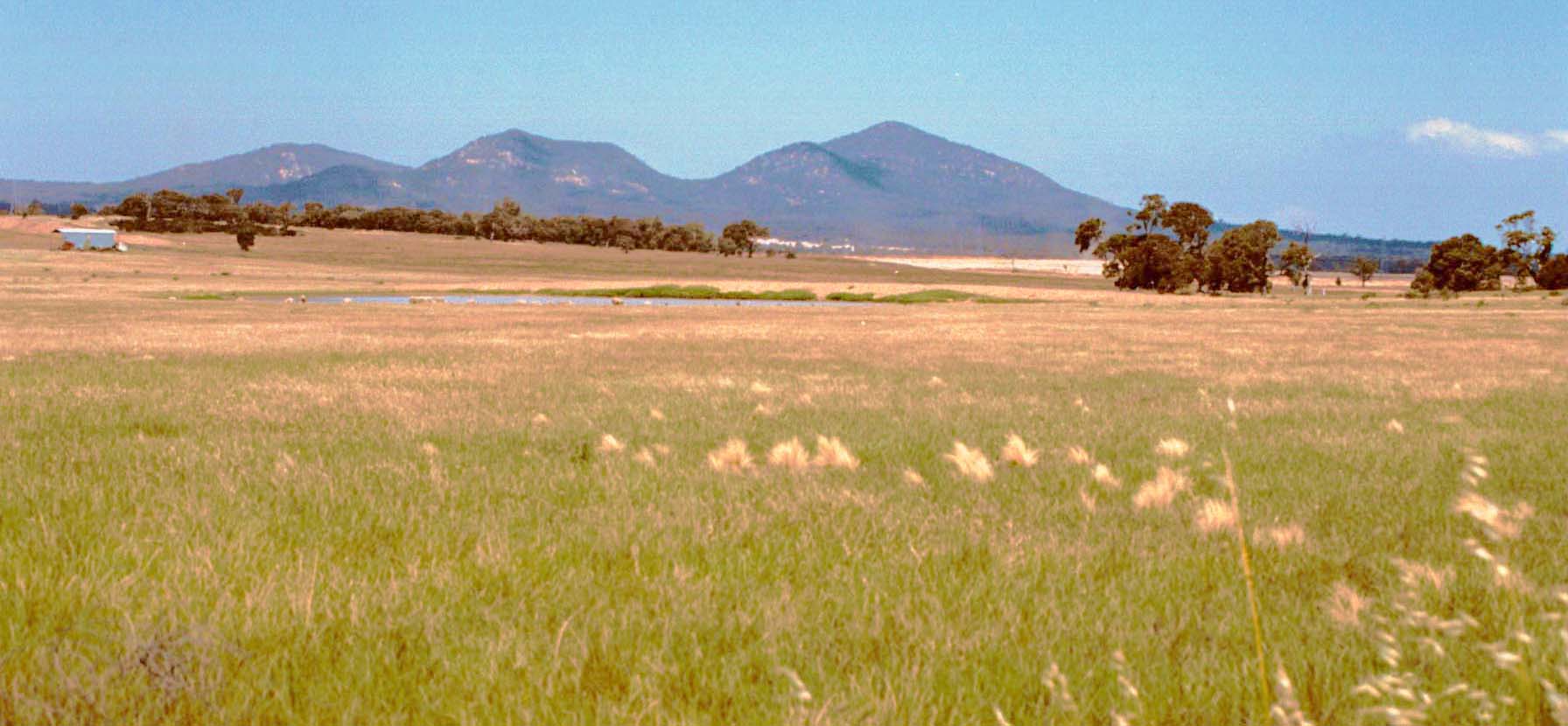

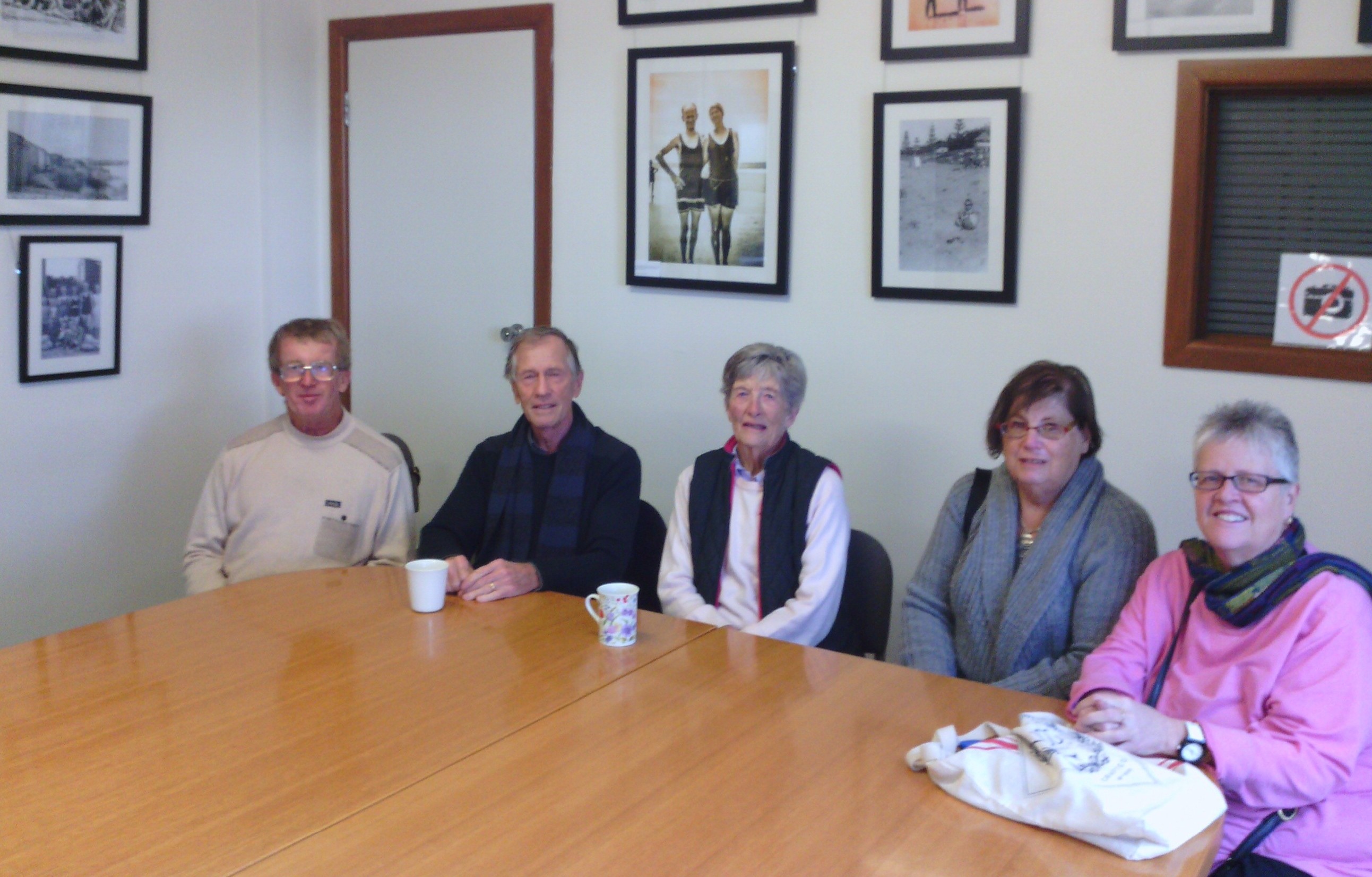
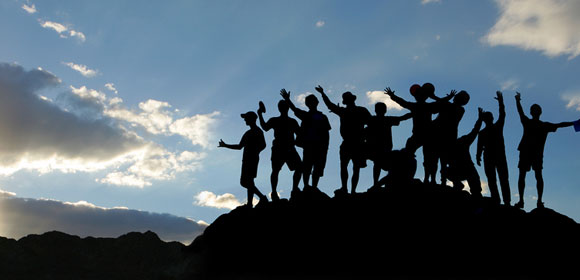
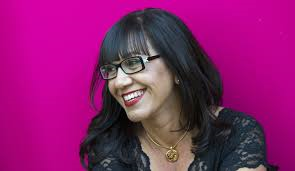
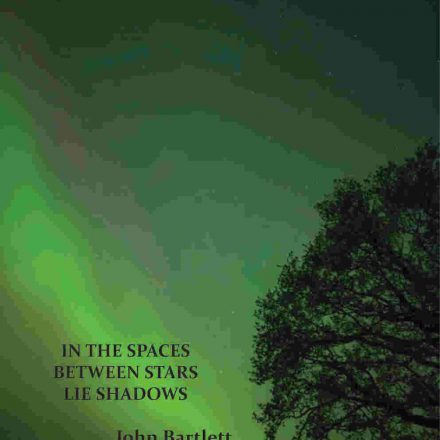
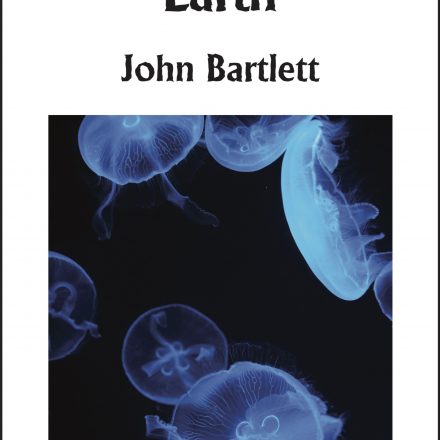
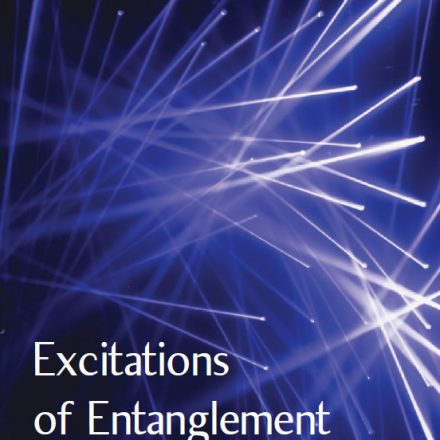
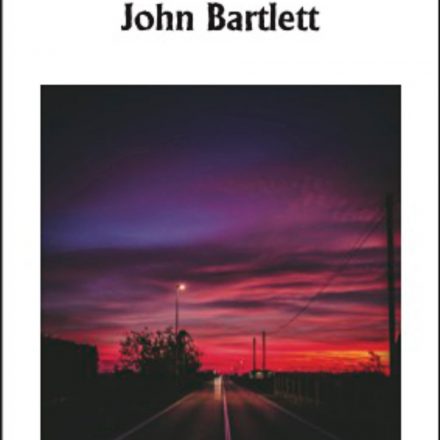
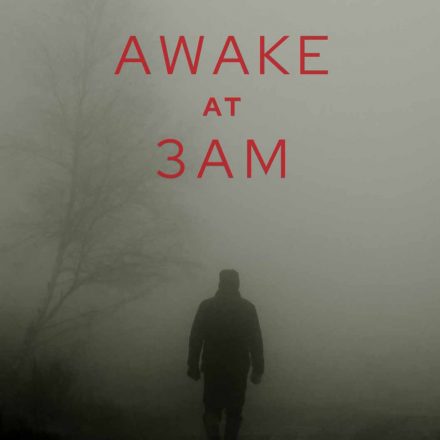
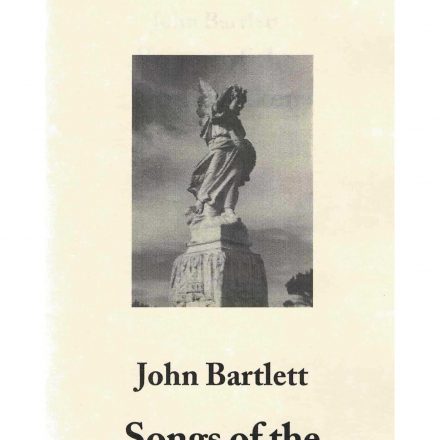
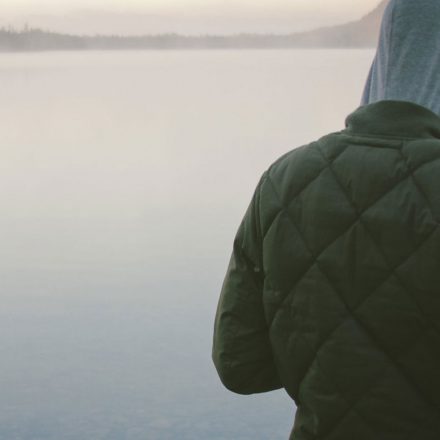
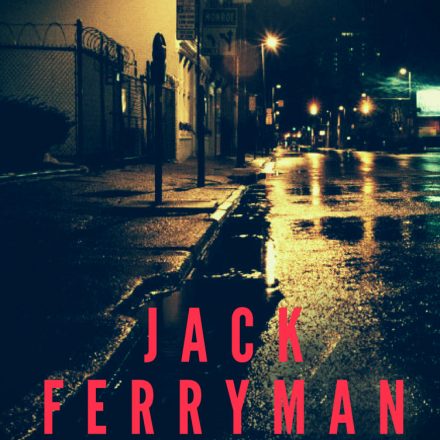
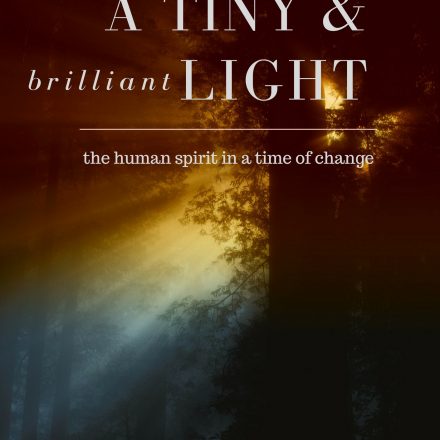
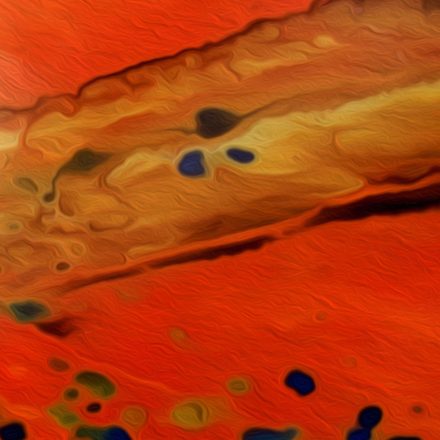
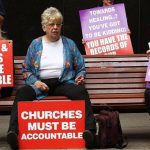
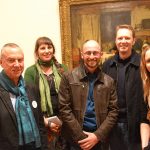
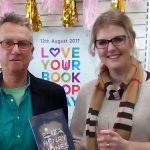
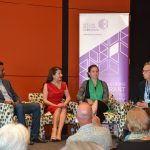

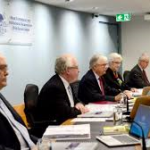
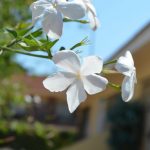
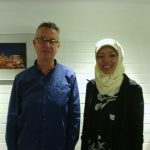
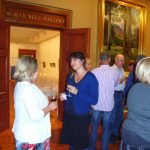
Hi John, Thanks for posting the interview. I may have missed it at the time (Meanjin, 2003). Ive shared it to my F/book page.
Re the La Mama Poets Workshop : my invention! “Workshop” appealed to me from descriptions of events in the Village Voice! I naturally included Ken but he was always ambivalent or at least shy abt the readings. His most regular readings were pre- Workshop, firstly when Glen Thomasetti organized some readings in ’67, and then through ’68 when Betty Burstall invited us (solo & with others) several times. He shld have read at the September 68 first ever La Mama Poets Workshop but was suddenly unavailable, so Michael Dugan filled the breach (reading his own & other poetry) alongside myself! All of this in the Chronicles (!!!!!!), bits & pieces of the history have appeared over the years but will eventually be published in Heaven (as Kerouac might have said)!!! A sad but reflective day. Condolences to you & yours,
Kris Hemensley